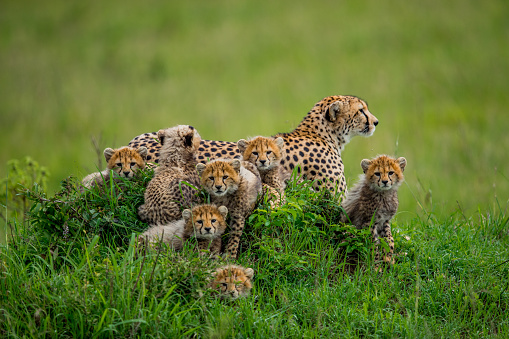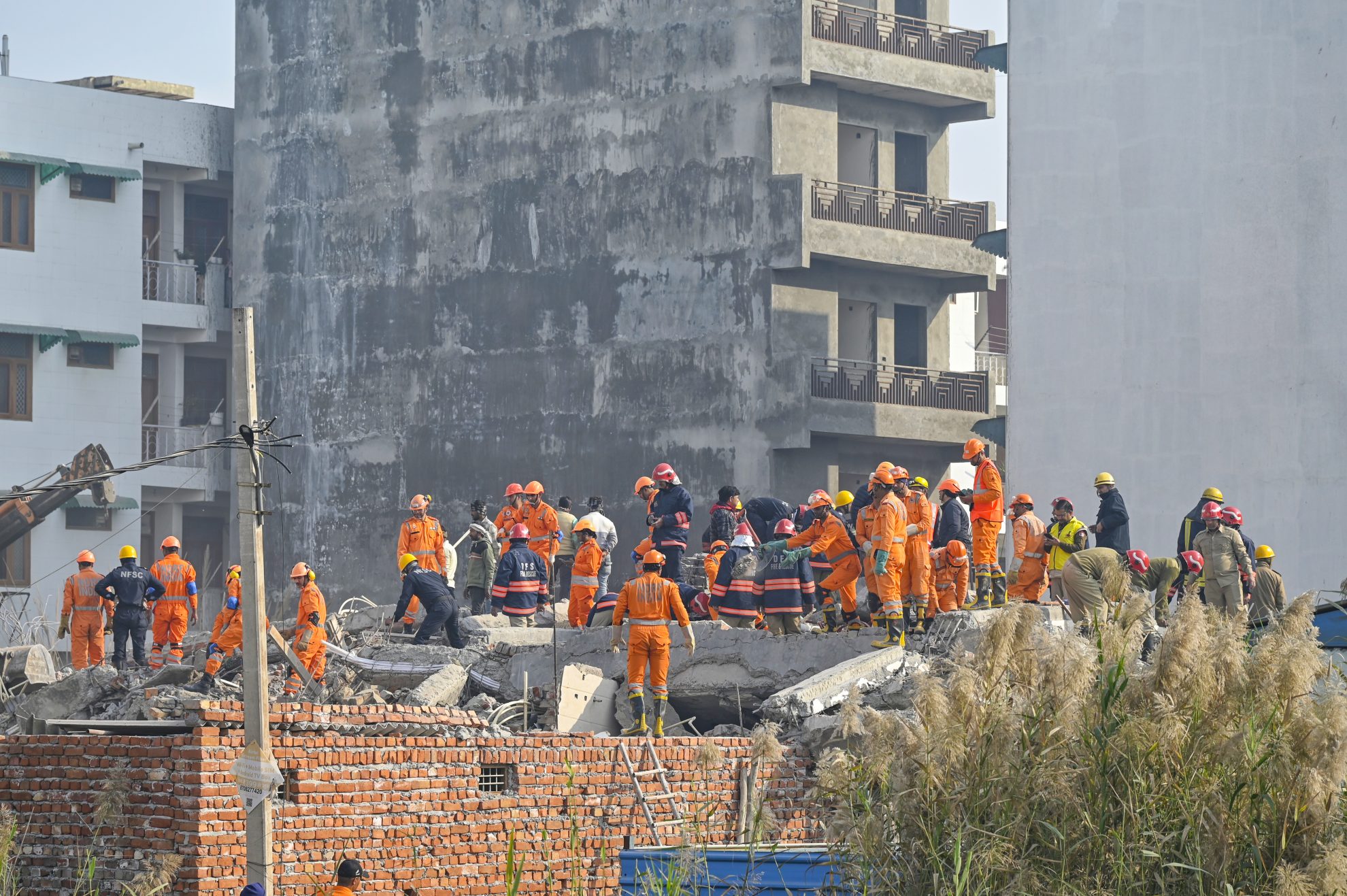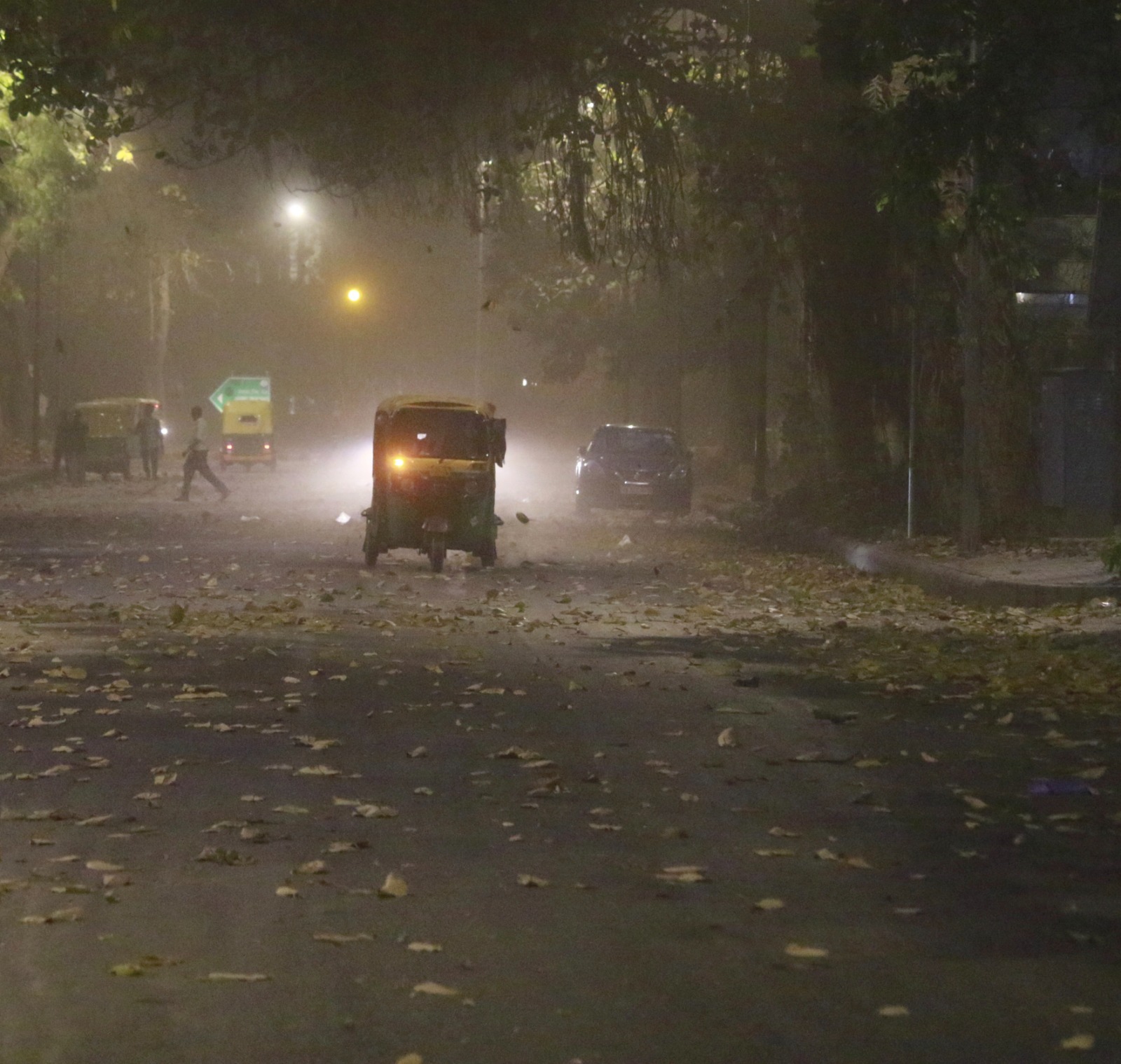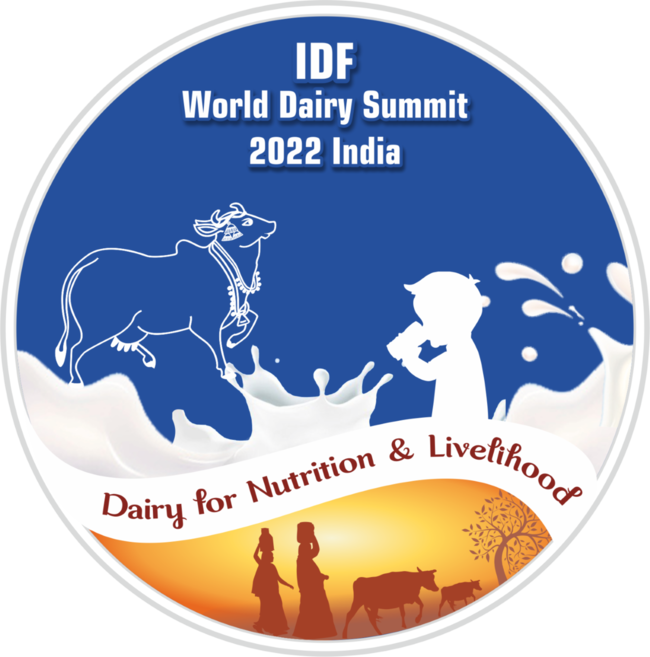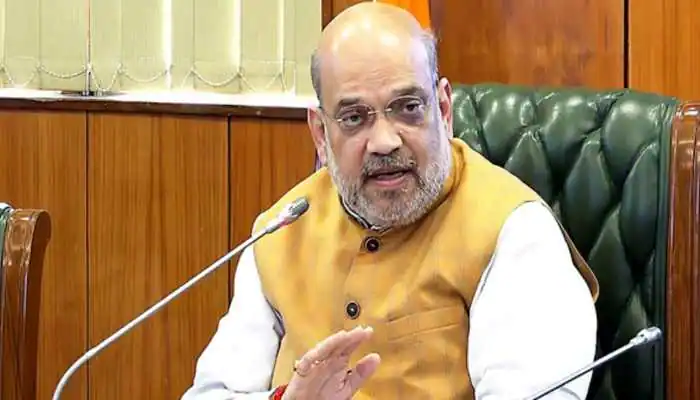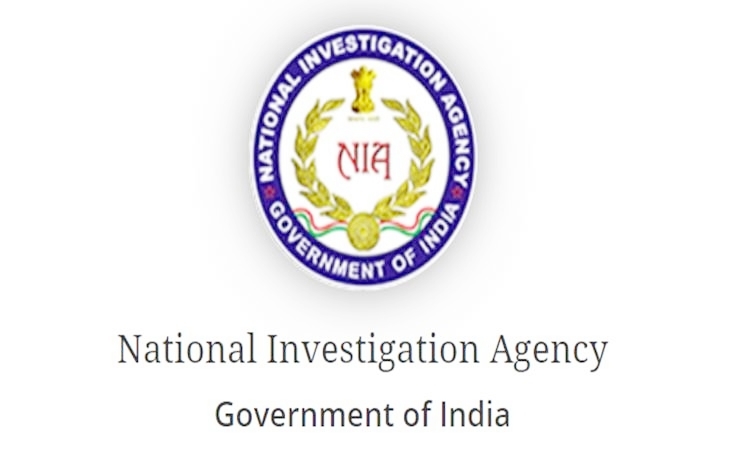G-20 Agriculture Working Group is brainstorming priority areas, informs Tomar
The priority areas of the Agriculture Working Group include food security and nutrition with a focus on improving social protection systems to promote agro-diversification and enhance food security.
The meeting of the agriculture ministers under the Agriculture Working Group (AWG) of the G-20 brainstormed on many relevant topics during the opening day. More than 200 delegates from member countries, invited countries and international organizations are participating in this high profile meeting. Union agriculture minister Narendra Singh Tomar informed about the agenda of the meeting, adding that agriculture priority sectors are being discussed in detail to come out with certain solutions which could be inclusive in nature and also suit the varied needs of different countries.
According to the minister, the priority areas form the basis of this year’s Agriculture Working Group. Tomar said that India has full commitment towards food security and nutrition. Hence, agriculture related policies have been made accordingly and their successful implementation are also being ensured by the government agencies.
The Agriculture Working Group meeting is being organized in Hyderabad during 15-17 June 2023. Tomar said that the priority areas of the Agriculture Working Group are- first-Food security and nutrition with a focus on improving social protection systems to promote agro-diversification and enhance food security. Second, sustainable agriculture and financing green and climate resilient agriculture with a climate smart approach focused on climate resilient technologies and farming system models for sustainable agricultural production.
Third priority area is strengthening infrastructure for small and marginal farmers, women and youth, sharing technology and investment and through increasing economic opportunities inclusive of agricultural value chains and food systems to enhance the resilience and efficiency of value chains.
Similarly, the fourth priority area is digitalization for agricultural transformation with an emphasis on standardized agricultural data platforms as digital public goods and leveraging new-emerging digital technologies to transform the agri-food sector. These priority areas are being discussed in different sessions of the meeting.
On this occasion, an exhibition has also been organized, which included 71 stalls in the fields of Waste to Wealth management, post-harvest, smart & precision agriculture, Agri innovations, value chain management etc. Of the 71 stalls, 15 stalls were exhibited by ICAR institutes to showcase the recent advancements made by their research institutions or organizations, 07 stalls were exhibited by other ministries, 09 stalls were put up by private companies and 33 stalls were given to Agri start-ups to provide them an opportunity to showcase their activities, achievements and advancements and the remaining 07 stalls have been allotted to the Government of Telangana for showcasing their recent achievements.
During the entire course of the event, the first side event was based on ‘Managing Agribusiness for Profit, People and Planet.’ The panel discussion focused on bringing out concrete examples on managing trade-offs between profit, people and planet. The panel discussed ways to identify solutions, policies and programs to achieve greater sustainability for food systems at large.
And the second side event revolved around the topic ‘Connecting the Digitally Disconnected: Harnessing the Power of Digital Technologies in Agriculture.’ This panel discussion was focussed on exploring strategies for scaling-up and replicating the best practices of digital agriculture initiatives and on discussing the nature of interventions made by the government and stakeholders in promoting, supporting the bridging the gap for digitally disconnected population.



